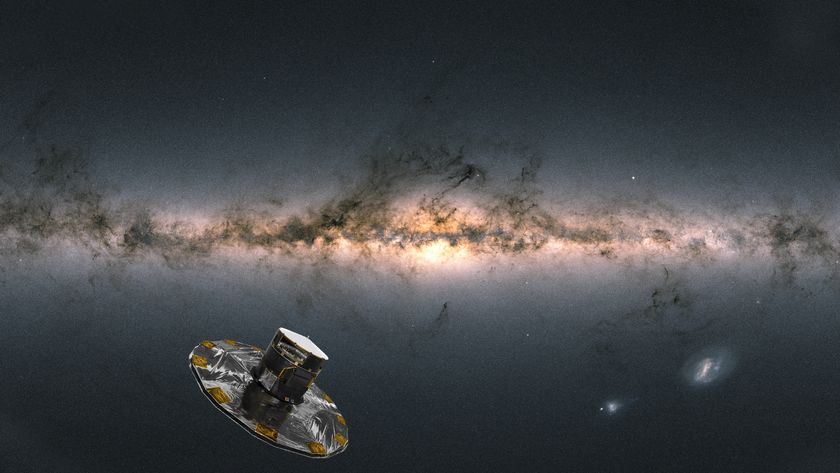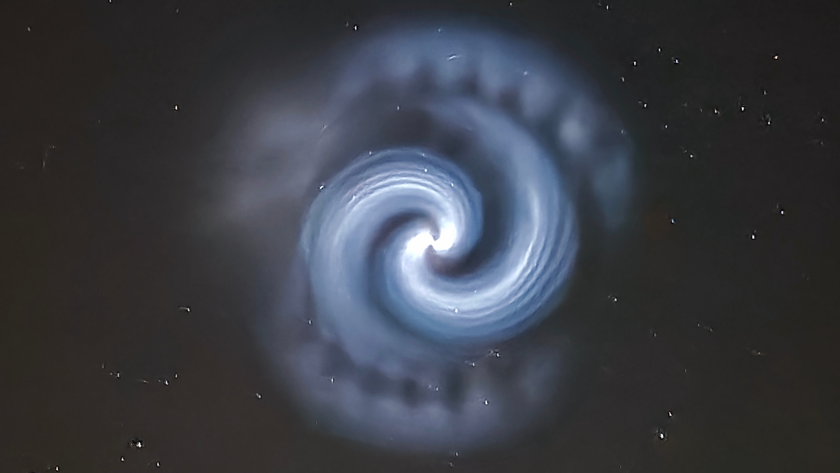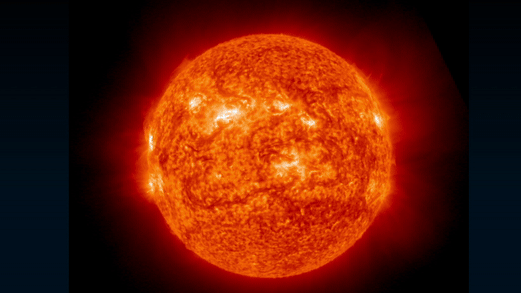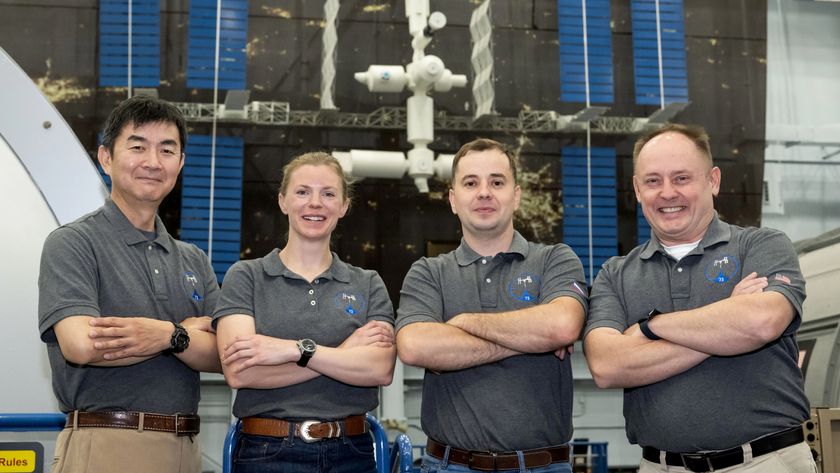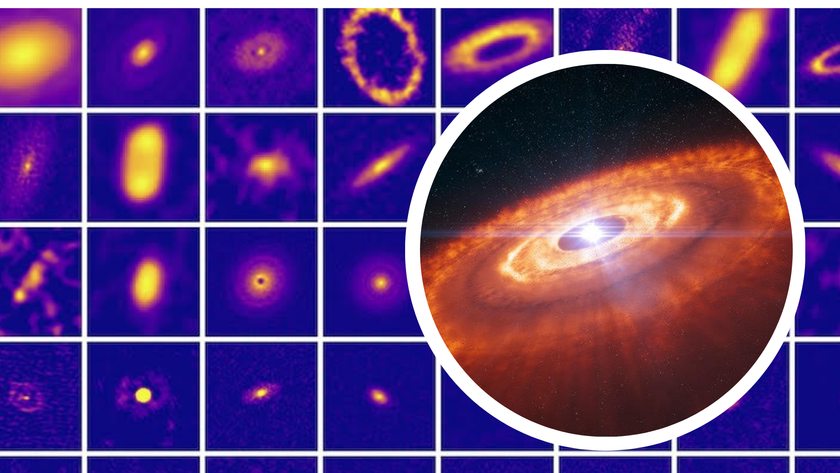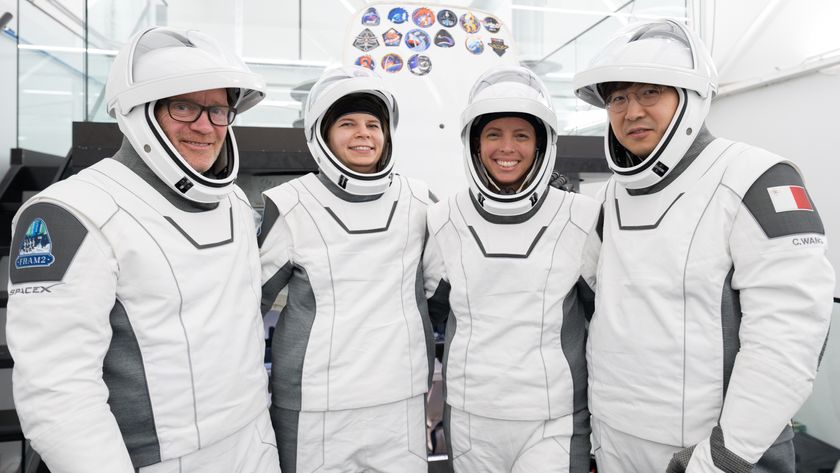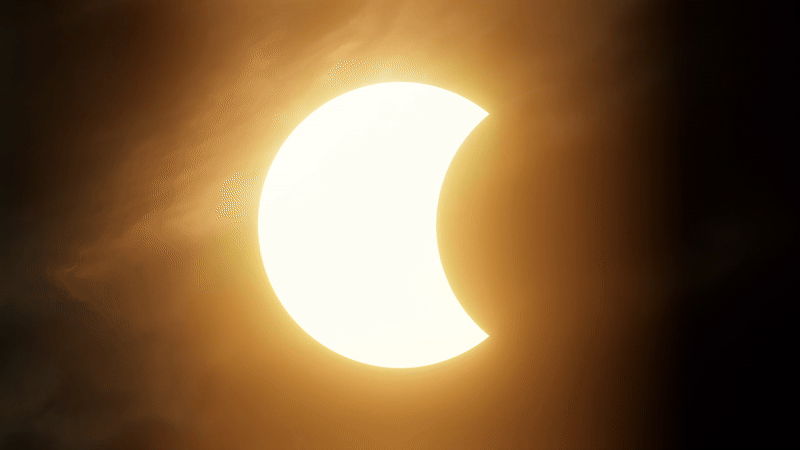Oceans on Venus Might Have Been Habitable
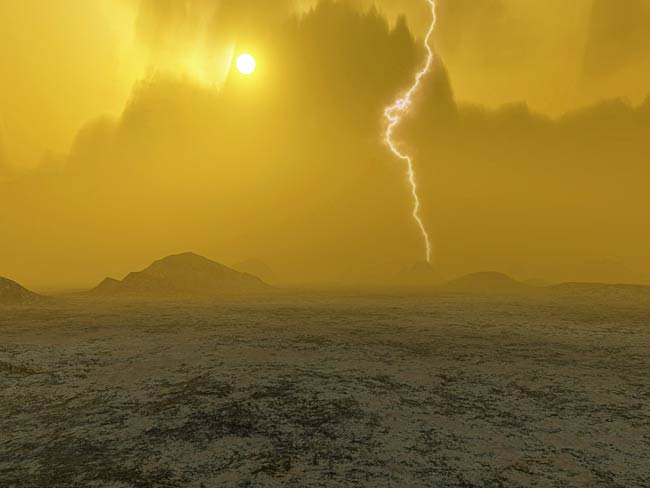
Venus, currently one of the most inhospitable places in thesolar system, may once have had an ample supply of water ? possibly even oceans? and been a potentially habitable place when it was young, a new studysuggests.
The finding comes from the European Space Agency (ESA)'s VenusExpress satellite currently orbiting our neighboring planet. The probe isproviding new evidence that Venus and Earth aren't as dissimilar as they seem.
Earth and Venus are wildly different today. Earth is teemingwith life at clement temperatures, while Venusis hellish, its surface hotter than the inside of a kitchen oven.
But the two planets share some striking similarities. Theyare nearly identical in size and makeup, for example.
"The basic composition of Venusand Earth is very similar," said H?kan Svedhem, ESA project scientistfor Venus Express.
Today, Venus has very little water. If the amount of watervapor in the atmosphereof Venus was spread onto the planet's surface, it would create a globalpuddle just 1.2 inches (3 cm) deep. By comparison, Earth's oceans would createa layer 1.9 miles (3 km) deep if they were spread evenly across our planet.
Yet scientists think this wasn't always the case on Venus. Billionsof years ago, the planet may have had much more water, they said.
Get the Space.com Newsletter
Breaking space news, the latest updates on rocket launches, skywatching events and more!
Over time, Venus is thought to have lost a large quantity ofthat water to space. As ultraviolet radiation from the sun streams into theplanet's atmosphere it breaks up the water molecules into their constituenthydrogen and oxygen atoms. Then these loose atoms escape into space.
Venus Express has measured this escaping water vapor, andfound that about twice as much hydrogen as oxygen is escaping, ESA officialssaid in an announcement. Since water is made of two hydrogen atoms and oneoxygen atom, the findings suggest that water is the source of this escaping material.
"Everything points to there being large amounts ofwater on Venus in the past," said research team member Colin Wilson ofOxford University in England.
But that does not necessarily mean there were vast oceans onVenus, researchers cautioned.
The water could have been mostly locked in the atmosphere ofVenus and existed only during the very earliest times, when the surface of theplanet was completely molten, according to computer models by researcher EricChassefi?re of France's Universit? Paris-Sud.
However, colliding comets may have delivered additionalwater to the surface of Venus that could have crated standing bodies of water,the researchers said.
If Venus ever did possess surface water, the planet may havehad an early habitable phase during which life may have been able to form.
"Much more extensive modeling of the magmaocean?atmosphere system and of its evolution is required to better understandthe evolution of the young Venus," Chassefi?re said.
The Venus Express team discussed some of their findings at theInternational Venus Conference this week in Aussois, France.
- Gallery - Beneath the Clouds of Venus
- Top 10 Extreme Planet Facts
- Volcanoes on Venus May be Young and Active
Join our Space Forums to keep talking space on the latest missions, night sky and more! And if you have a news tip, correction or comment, let us know at: community@space.com.

Space.com is the premier source of space exploration, innovation and astronomy news, chronicling (and celebrating) humanity's ongoing expansion across the final frontier. Originally founded in 1999, Space.com is, and always has been, the passion of writers and editors who are space fans and also trained journalists. Our current news team consists of Editor-in-Chief Tariq Malik; Editor Hanneke Weitering, Senior Space Writer Mike Wall; Senior Writer Meghan Bartels; Senior Writer Chelsea Gohd, Senior Writer Tereza Pultarova and Staff Writer Alexander Cox, focusing on e-commerce. Senior Producer Steve Spaleta oversees our space videos, with Diana Whitcroft as our Social Media Editor.
